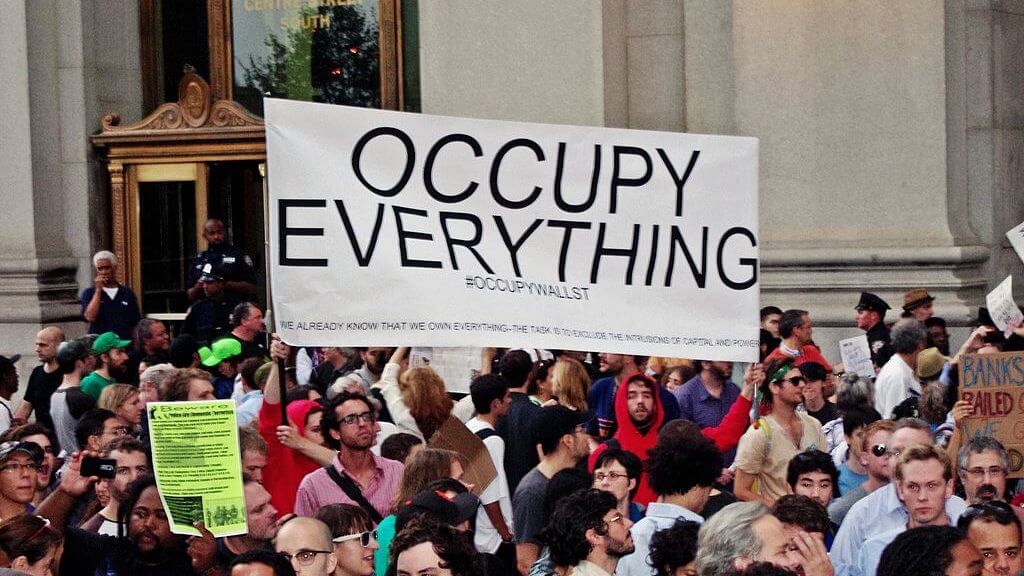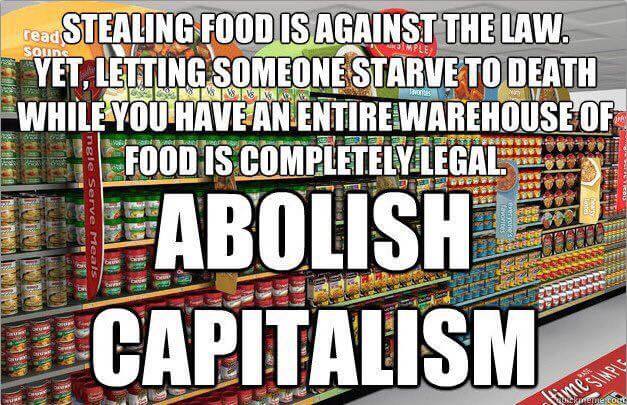Let’s consider a series of statements, without considering whether any of them are right or wrong:
- People should be treated with respect, regardless of their ethnicity.
- All ethnic groups have the same average IQ after controlling for cultural biases in IQ tests.
- Women should be treated with respect and accepted in traditionally male-dominated workplaces.
- There are no biological differences between men and women that affect their interests or abilities.
- Homosexuals and homosexual relationships should be given the same respect and acceptance as heterosexuals and heterosexual relationships.
- Children brought up by same-sex parents do as well or better than children brought up by opposite-sex parents.
- People of all religions should be treated with respect.
- Muslims are no more likely to commit violence than are people of other religions.
- Wealthy people and societies should help the poor.
- Poverty is entirely caused by unfortunate circumstances and unfair institutions and not the choices of the poor themselves.
At this point, you have probably noticed the pattern. Odd-numbered statements are moral claims. They are all about how one should behave. They reflect liberal values. If you agree with claims 1, 3, 5, 7, and 9 then congratulations! You are a decent human being who is capable of living in a liberal society. Continue reading Can the Truth be Repugnant? Should it be?







